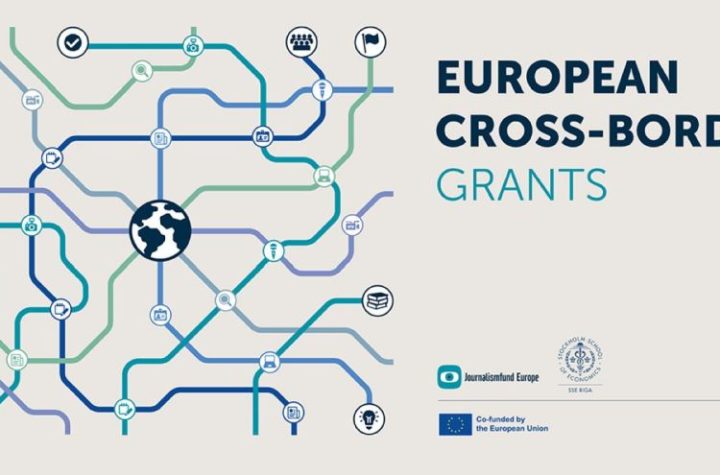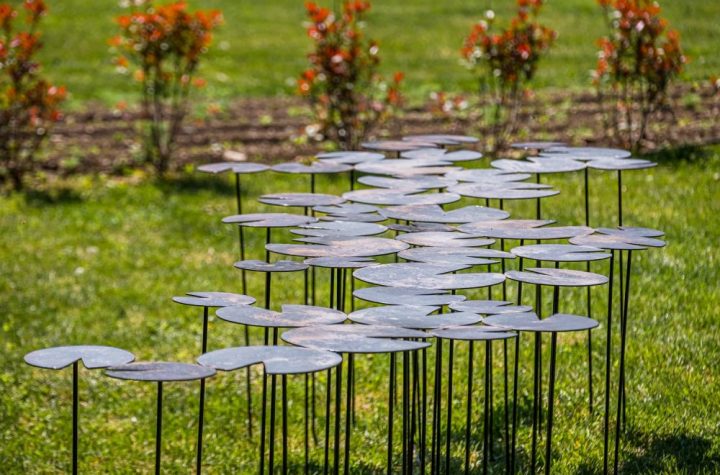 Japan Prize 2012 – „Média az oktatásban” nemzetközi pályázat. Az NHK (Japon Broadcasting Corporation – a Japán Műsorszóró Társaság) pályázatot hirdet az oktatás területén tevékenykedő média számára az audiovizuális oktatási tartalmak fejlesztésére, az oktatással foglalkozó rádió- és tv-műsorok, illetve egyéb mediális termékek színvonalának emelésére, a nemzetközi megértés és együttműködés előmozdítására.
Japan Prize 2012 – „Média az oktatásban” nemzetközi pályázat. Az NHK (Japon Broadcasting Corporation – a Japán Műsorszóró Társaság) pályázatot hirdet az oktatás területén tevékenykedő média számára az audiovizuális oktatási tartalmak fejlesztésére, az oktatással foglalkozó rádió- és tv-műsorok, illetve egyéb mediális termékek színvonalának emelésére, a nemzetközi megértés és együttműködés előmozdítására.
A kiíró fél 2012. június 30-ig várja a nevezéseket.
Bővebben: www.nhk.or.jp
1. JAPAN PRIZE 2012 calls for entries of educational audiovisual multimedia products
Purpose: JAPAN PRIZE aims to contribute to the development of educational broadcasting & media worldwide by awarding audiovisual materials that show high quality educational effects.
Entry Qualification
The contest is open to organizations with copyrights for the submitted entries such as:
- Broadcasting services
- Independent production companies
- Educational institutions
- Corporations
- Authorized NPOs
Note: Entries from individuals are not accepted.
Categories
- Pre-school Category: Educational audiovisual contents for pre-school children up to around age 6
- Primary Category: Educational audiovisual contents for primary school children around ages 6 to 12
- Youth Category: Educational audiovisual contents for youths around ages 12 to 17
- Continuing Education Category: Educational audiovisual contents to support adults for pursuing further education (around ages 18 and over)
- Welfare Education Category: Educational audiovisual contents that contribute to the understanding of welfare and the improvement of society (applicable for any age)
- Innovative Media Category: Educational audiovisual contents exhibiting innovative use of its media characteristics which cannot be classified by any particular categories such as age or theme (applicable for any age)
Awards
- The Grand Prix Japan Prize: An award, certificate and US$5,000 prize money for the most outstanding work amongst all of the Audiovisual Division’s entries which excels in its ability to educate, in its pertinence to the requirements of the times, and in its contribution to educational broadcasting.
- Prizes for the Best Work in Each Category: An award, certificate and US$2,000 prize money
- Special Prizes: The following prizes shall be awarded to works in the Audiovisual Division. Each prize shall consist of an award, a certificate, and US$2,000 prize money.
- The Maeda Prize: An excellent television program with the potential to sustainably contribute to the development of education in the country/region in a manner that reflects the founding spirit of the JAPAN PRIZE
- The Japan Foundation President’s Prize: An excellent work that encourages mutual understanding among nations and races or contributes to cultural exchange
- The UNICEF Prize: An excellent work that promotes understanding of the lives of children in difficult situations
2. Rules of TV Proposal Division
Purpose: The JAPAN PRIZE supports producers in countries/regions with limited budgets and technical facilities to realize their vision into production and broadcast by awarding excellent educational TV program proposals. This contributes to the development of educational broadcasting around the world. Awarded organizations are obligated to produce the program within the year following the award and to report on its actual achievement.
Entry Qualification
The contest is open to organizations with copyrights for the submitted entries such as:
- Broadcasting services
- Independent production companies
- Educational institutions
- Corporations
- Authorized NPOs
- Entries from individuals are not accepted.
- Organizations other than broadcasters are required to guarantee broadcast by September of the following year and to provide the necessary information on the entry form.
Awards
- The Best Proposal Prize
- Hoso Bunka Foundation Prize: A trophy, certificate, and prize money of US$8,000 are awarded to the outstanding proposal for an educational TV program.
- Special Prize: The National Federation of UNESCO Associations in Japan Prize
A trophy, certificate, and U.S. $3,000 prize money are awarded to an entry which excels at fostering literacy and education in a country’s national language, and which contributes to the spread of basic education.
Web: http://www.nhk.or.jp/jp-prize/english/contest/entry/index.html














